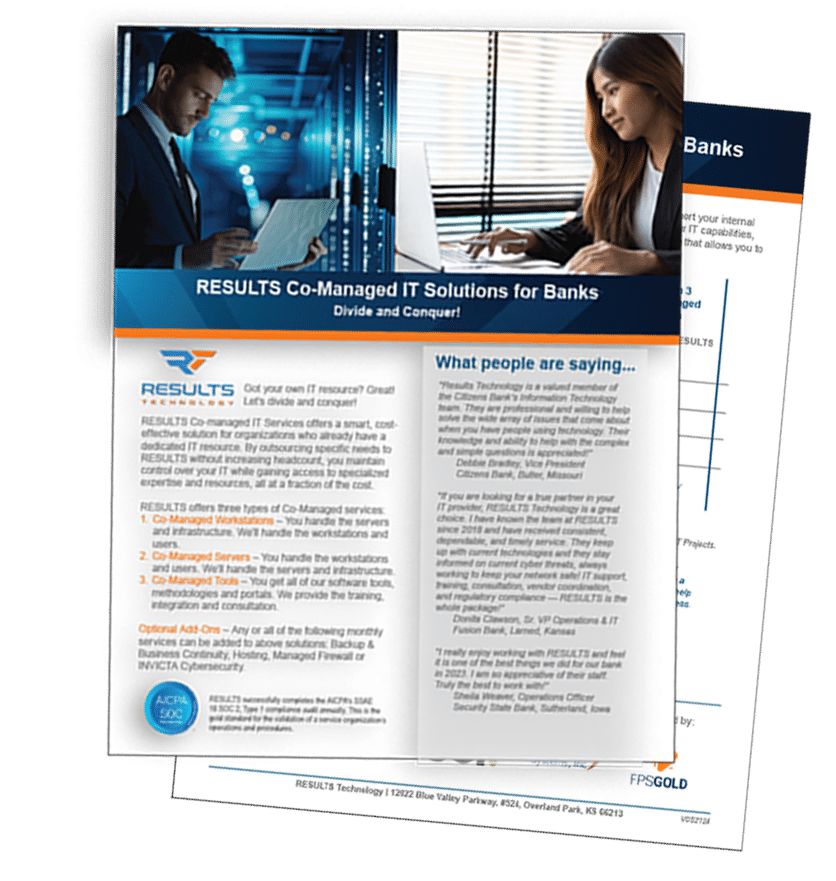With most of Corporate America now working remotely and well into the long term, the data privacy laws such as the GDPR and the CCPA are now being strictly enforced. If St Louis businesses do not abide them, they could face some serious and time-consuming audits, as well as hefty financial penalties. Thus, the need for compliance to these provisions is necessary.
What Exactly Is An IT Compliance Plan?
For the most part, we all have heard of this term. But as it relates to IT, what does it really mean? Here is a good, technical definition of it:
“It is the process of meeting a third party’s requirements with the aim of enabling business operations in a particular market or aligning with laws or even with a particular customer.”
In other words, before you can engage in any sort of financial transaction, your IT and Network Infrastructures must have the equivalent set of security procedures in place (or even greater) before any sort of business must be conducted. However, this should not be confused with IT Security. This deals primarily with defending your digital assets on a daily basis from any sort of threat variants.
With IT compliance, you are dealing with a set of controls for the long term that will guarantee the protection of confidential information and data as they are given to you. For example, suppose your organization deals with giving out financial advice to customers, executing trades, and even publishing timely content on the financial markets.
In order to do all of this, you will have to go through and be cleared through an independent party, such as a broker-dealer. This entity will have a certain set of protocols and procedures that your wealth management firm must have in place in order to ensure that the Personal Identifiable Information (PII) datasets of your customers are safe from Cyberattackers and data leakages, whether they are intentional or not.
In order to make sure that you are abiding by their requirements, your firm will be audited from time to time to make sure that you are obeying (or abiding) by them. If you are not, you will be fined as a form of punishment. But it is also important to keep in mind that there are other laws in place (such as the ones previously mentioned) that make sure organizations across all sorts of industries are also keeping up with the protection of the PII datasets.
The Components Of A Good IT Compliance Plan
Although compliance issues fall heavily onto the shoulders of the IT Department, the truth of the reality is that the proverbial buck does not stop with them. Rather, all employees in your financial business have some sort of responsibility and accountability for this, depending on what their job tasks entail. But overall, a good IT Compliance Plan will consist of the overall components:
- Having a written set of Policies and Standards of Conduct:
This can be viewed as your Security Policy. In a general sense, this document outlines how your employees are to handle confidential information/data on a daily basis, and the consequences of not abiding by them. A typical example is the use of passwords. For instance, employees should not share their work passwords, or write them on a Post It Notes and tape it to their monitor. If they are caught doing this, he or she could then face a verbal warning or formal write-up.
2. Having a dedicated resource:
Typically, this means having what is known as a Chief Compliance Officer. But today, many of these individuals are third party contractors, known as vCCOs. Their primarily role is to oversee the maintenance and upkeep of the controls you have in place, and what sort of enhancements are needed for the future in order to stay compliant. Very likely, they will have their own team that are tasked with the daily oversight of the PII datasets
3. Education and Training:
On a regular basis, you must hold IT Security Awareness training sessions with your employees. Although the material that will be taught to them will be security-related in nature, the end result is that this will lead to a good level of Cyber Hygiene, which in turn will lead to greater assurances of compliance. For example, if you teach about the importance of changing passwords on a prescribed timetable, this will increase the probability that the controls you have in place for your databases will work accordingly.
4. Monitoring and Auditing:
Also as mentioned previously, it will be very important to make sure your employees are abiding by the provisions of your Security Policy, so that you do remain compliant at all times. This can only be done with random checks being conducted on a real-time basis.
What Are The Benefits Of Having An IT Compliance Plan?
There are numerous advantages to this, and some of these are:
- A good plan will make not only you, but also your employees more proactive. This will greatly lower the chances of your financial business from being audited, and fined.
- Knowing that there is an enforceable sense of accountability, your employees will be more abiding by the rules and policies that you have set forth.
- In case you ever experience a Cyberattack, you will be able to respond quicker to it, and mitigate the risk of it spreading to other parts of your business.
- A greater sense of transparency will be created, which will foster good relationships with key stakeholders.
- Because of the set of checks and balances that will be implemented as a result of your IT Compliance Plan, you will have a greater chance of unearthing any Insider Attacks that could be precipitating from within the walls of your organization.
- Above all, the PII datasets that your customers have entrusted with you with will mostly be safe and sound. As a result of this, not only will you retain them, but you will have greater chances of winning new prospects because of the level of trust you have developed.


